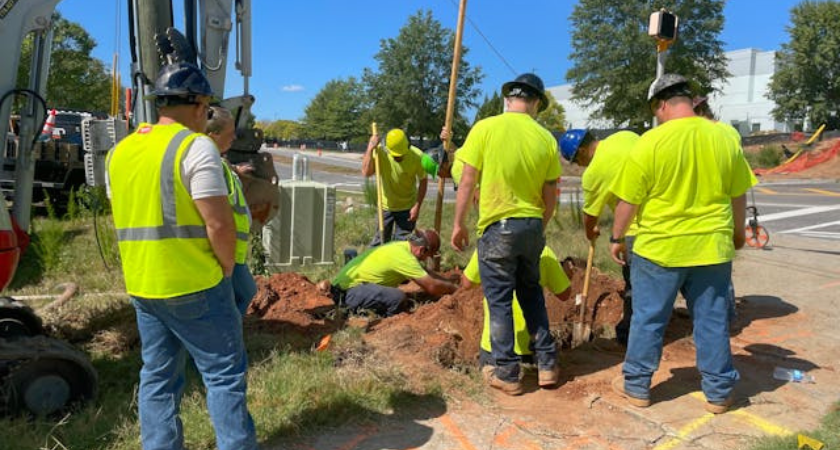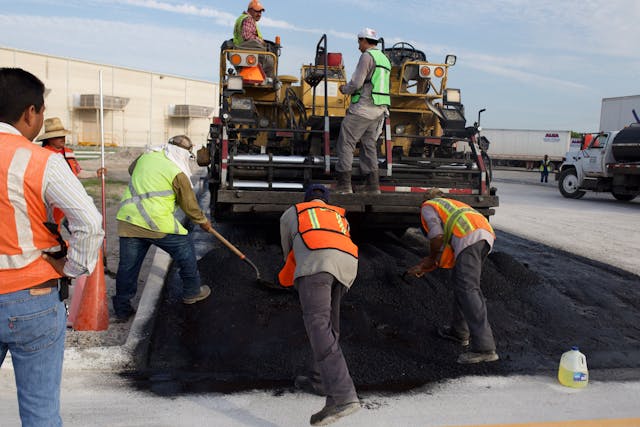
North Myrtle Beach, South Carolina, has officially broken ground on a new 2-million-gallon elevated water storage tank and 30-inch transmission line in the Windy Hill area, marking a major infrastructure investment to support the city’s rapidly growing population.

City officials say the new system upgrades are essential to boost water reliability, improve emergency preparedness, and ensure seasonal demand can be met — especially during peak tourism months.
“This storage tank and transmission line, it’s all about our storage capacity,” said city spokesperson Gianna Forbis.
Councilwoman Nikki Fontana, who represents Windy Hill, said the project is designed with the future in mind, ensuring long-term stability in water delivery for both full-time residents and vacationers.
Residents like Melissa Pritchett say the investment is reassuring after experiencing unreliable water systems in other parts of the country.
“It can rain too hard and you can’t drink your water, or you can’t wash your clothes because the water is dirty,” Pritchett said.
Currently, North Myrtle Beach operates six elevated tanks, including two that already hold 2 million gallons each. This new tank will become the third structure of its size, expanding overall storage significantly. While treatment is handled by the Grand Strand Water and Sewer Authority, the city is responsible for storing and distributing clean water throughout its service area.
The upgrades are being made possible in large part due to a $10 million grant from the South Carolina Rural Infrastructure Authority, awarded under the South Carolina Infrastructure Investment Program.
.jpg)
“The grant helps a ton,” Forbis said. “The investment program is something that the federal government gave to us, and then South Carolina was able to help us invest in that.”
Construction is expected to continue into summer 2026, with temporary lane closures and traffic detours in certain areas as crews install the transmission line.
Officials emphasize that beyond capacity, the new infrastructure will improve the system’s reliability during emergencies, hurricanes, droughts, and peak usage periods — all common challenges for coastal communities.
Pritchett echoed that sentiment, praising the city’s proactive approach.
“You have to take care of what you have because you’re not too sure how long it’s gonna take care of you,” she said. “So yeah, I’m very impressed with what they’re doing.”
Originally reported by Ian Klein in WMBF News.